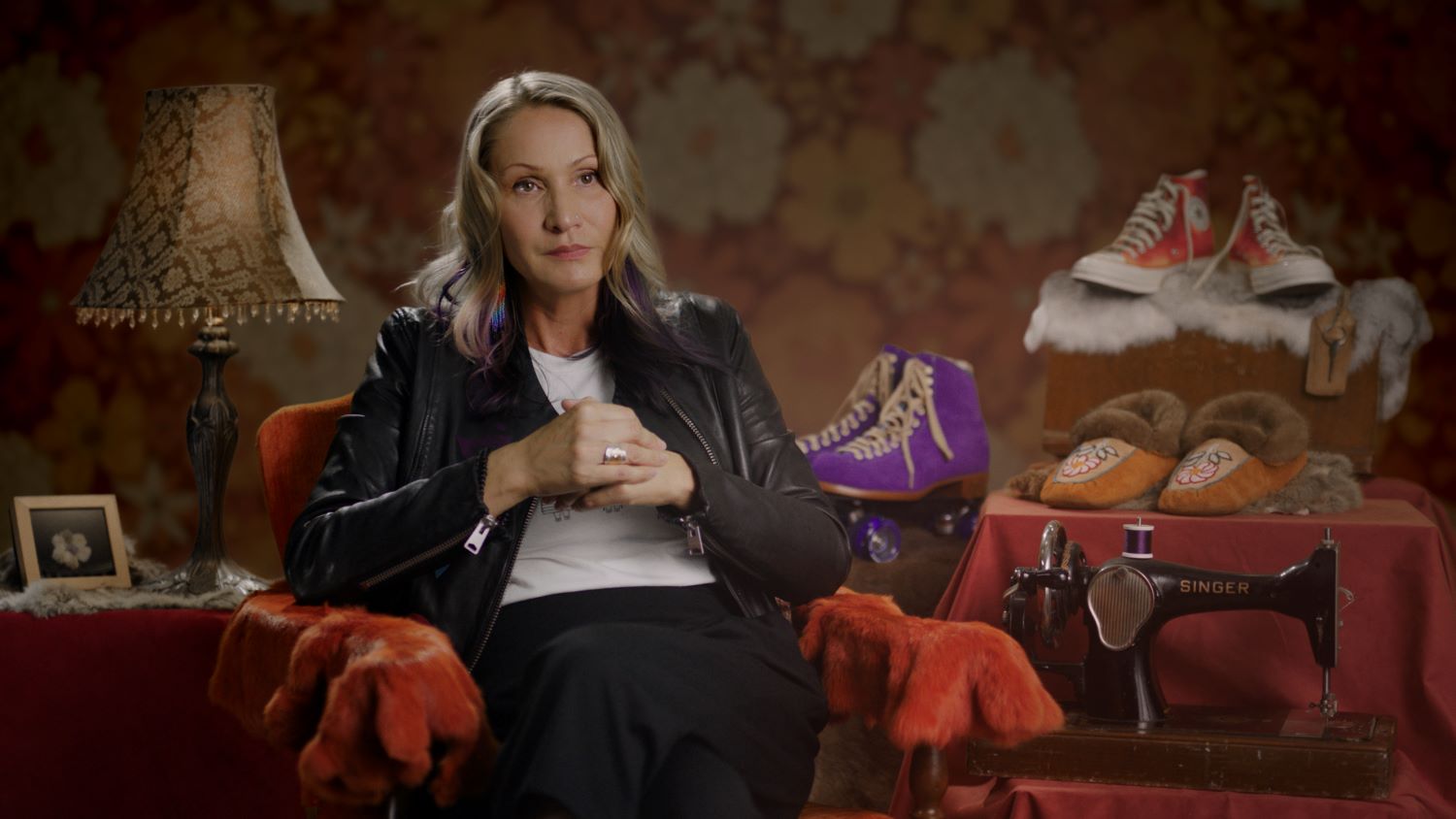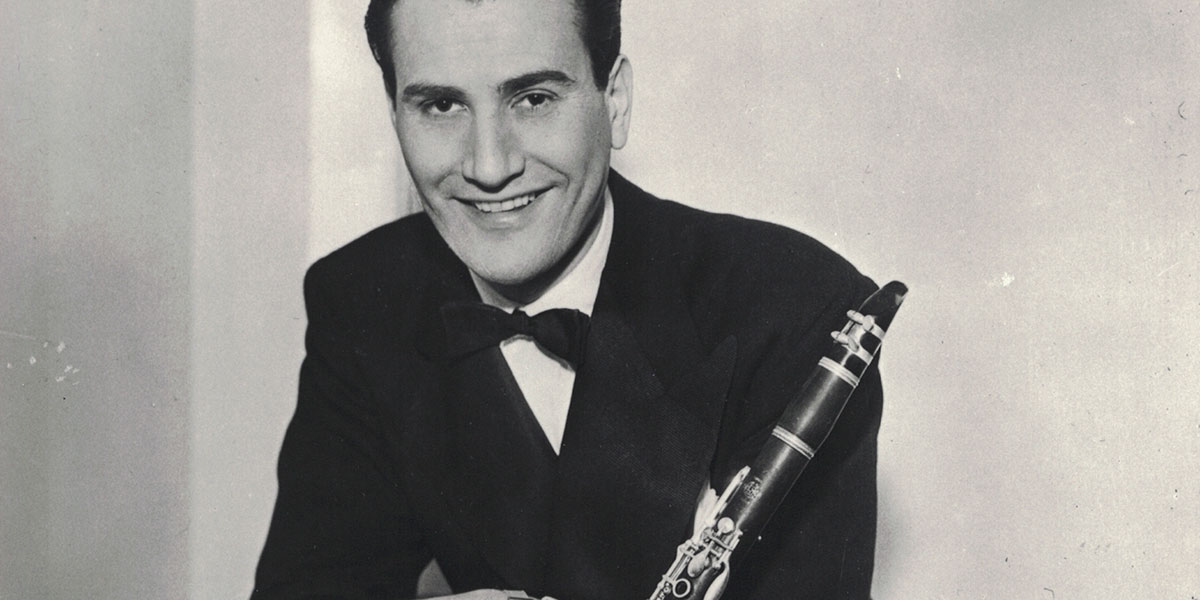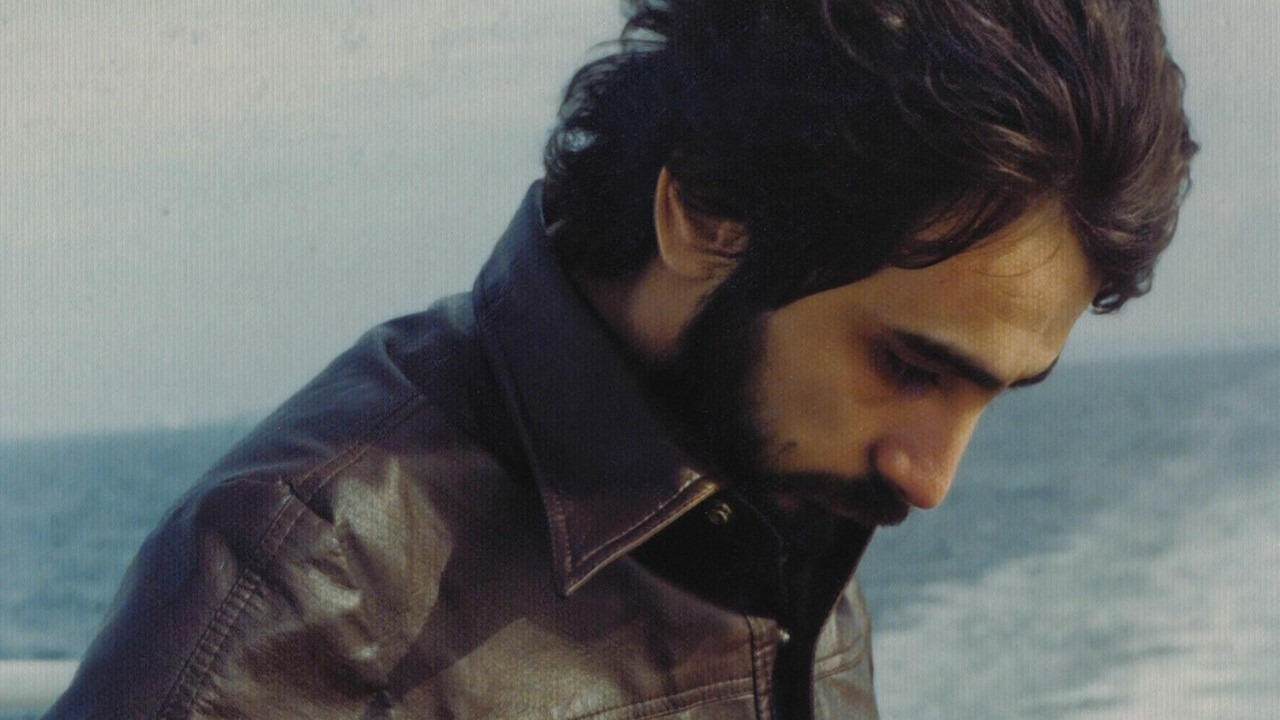WaaPaKe (Tomorrow)
(Canada, 78 min.)
Dir. Jules Arita Koostachin
“Every part of who I am has been impacted by my mother’s experience,” says Dr. Jules Arita Koostachin in WaaPaKe. “I am angry because I was robbed of a mother…I am angry because this is a collective experience.”
Koostachin, her mother, her son, friends, and community members bravely confront the past in WaaPaKe. This NFB doc examines the lateral violence and generational trauma wrought by Canada’s residential school system. It’s been 15 years since Stephen Harper offered an apology on the floor of the House of Commons for said violence, but when an archival clip shows the former Prime Minister acknowledging Canada’s history of “trying to kill the Indian in the child,” the apology rings hollow. Saying sorry might express regret, but words only matter if the speaker truly means them.
The film tackles the cathartic power of words as Koostachin invites her mother, Rita, to sit down and share her truth. Rita is a residential school survivor and the pain of the experience shakes her to this day. She’s visibly upset when her daughter asks her to recount the “yucky stuff,” but she recognizes the necessity of reflection. Rita tells her daughter about her days growing up in Attawapiskat. Back then, she recalls, the only person who spoke English was the manager at the Hudson’s Bay Company. She remembers happy times, recognizing signs of colonialism with the wisdom of age, but speaks of innocence that would soon be shattered when her parents were forced to send her to residential school.
The details of Rita’s story are downright unsettling. Dehumanizing language, physical violence, emotional coldness, and an emphasis on shame beat the children into submission. The emotional and psychological wounds seem fresh even though they’re decades old.
Painful Truths
Koostachin gathers other Indigenous perspectives to complement her mother’s story. WaaPaKe fills in gaps that might be too painful for first person accounts, or for people who can aren’t here to tell her stories. The director’s friend, Joseph, for example, tells Koostachin about his mother, also a survivor. He remembers how his mother still cried at the mere mention of “residential school” even after her mind slipped away with age. “Even a mental disease can’t wipe it from her mind,” Joseph says.
Joseph also shares how he turned to drugs and alcohol to cope with the pain he inherited from his mother. Koostachin echoes this sentiment by taking a seat before the camera herself. She calls her mom a warrior, but achingly details a parent who was absent during her childhood. She makes a direct link to her mother’s parental skills and what Rita endured at residential school. Koostachin admits that being critical of a residential school survivor might make people uncomfortable, but she can’t hide the facts. The director dedicates the film to her brother, Steven, who died quite young. She cites that he was gay and struggled with the sense of shame burdened upon him by the Catholic school system. He’s a casualty of Canada’s colonial legacy even if he’s not officially among the statistics of kids who died at residential school.
Alternatively, Koostachin speaks about the Cree grandparents who raised her and tells how her grandmother retained her language. Koostachin explains that her grandmother’s family hid her because she was too good a hunter to be plucked for school. By staying away, her grandmother had Indigenous knowledge that she could pass on—but lateral violence caught up with her when the government came knocking for her daughter and she was shattered by loss she’d long avoided.
Collective Healing
Koostachin reflects that she struggles to see hope ahead, but titles her film WaaPaKe, which means “tomorrow,” in effort to fight for the future that was seemingly discarded for generations of Indigenous children. WaaPaKe outlines clear Indigenous protocols in its production from the outset, which include beginning each shoot with prayers for lost children and survivors, as well as having a counsellor on set to help participants process their emotions. One gets the sense of the carefully considered approach to Koostachin’s direction. She knows she’s playing with fire here and opening wounds that have yet to heal. However, she’s taking the power of words to heart. She comes from a long line of people who coped by avoiding any discussion of the past.
The meta-approach in which speakers are seated before a greenscreen mostly works as the confessional element of WaaPaKe invites audiences to listen intently to the speakers’ words. This premise is most effective when the production leans on its design and the interview stage resembles a film set. At other times, the greenscreen offers composed backgrounds—archival shots, landscapes, and spinning crucifixes. More often than not, the visual effects prove distracting, but the most important emotional beats land when the scene is stripped bare.
There’s great vulnerability here as Koostachin and her family, including her son Asivak, share how they’ve collectively felt Rita’s heartache. With pain comes healing, though. One participant, a counsellor named Maisie whose siblings and father shared Rita’s experience, explains that the route to breaking the cycle of lateral violence comes by confronting intergenerational trauma, by speaking up. The experience might be pure hell for all involved, but the process of making WaaPaKe proves palpably cathartic. Rita’s “warrior” status holds up by the film’s end.











